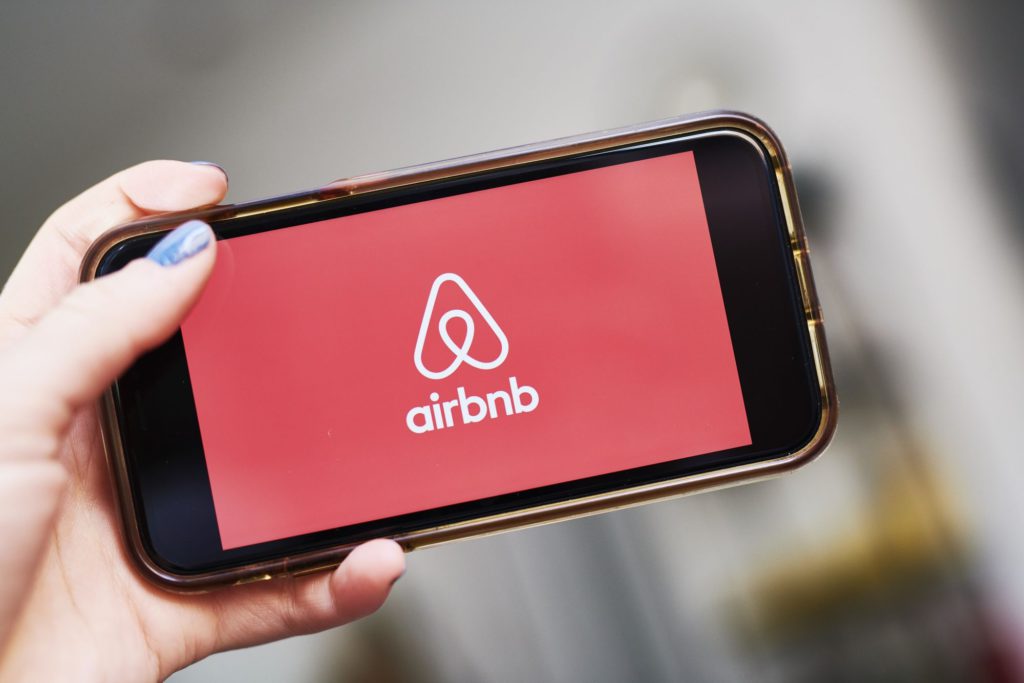(Bloomberg Law) — A couple’s suit against Airbnb Inc. over a host’s secret videotaping at a vacation rental property must go to an arbitrator, the Florida Supreme Court held.
The Airbnb user agreement that the couple signed bound them to having an arbitrator, not a judge, decide whether the dispute can be litigated in court, Justice Ricky Polston said Thursday for the 6–1 state high court.
The ruling is a win for the online property rental company in its efforts to try and keep suits by users out of court.
The Texas couple, identified by the pseudonyms John and Jane Doe, allege they rented a condominium in Longboat Key through Airbnb. The condominium’s owner allegedly recorded their whole three-day stay there on hidden cameras, including interactions that the lower court summarized as “private and intimate.”
After they learned of the recordings, the Does sued both the owner and Airbnb, which they say should have warned them of previous privacy violations at other properties, and should have made sure the Longboat Key property didn’t have hidden cameras.
Airbnb sought to compel arbitration, and the trial court granted Airbnb’s request to allow the arbitrator to decide the right venue for the couple to pursue their complaint.
The intermediate court reversed in a split decision, saying the user agreement’s reference to arbitration rules wasn’t clear enough to indicate the couple’s consent to that.
The Florida top court here reinstated the trial judge’s ruling, saying the intermediate court’s decision was an “outlier.”
The kind of agreement used by Airbnb, known as a “clickwrap,” itself “is entirely silent on the question of who determines” whether the case can be heard in court, Polston said.
“Here, Airbnb and the Does clearly and unmistakably agreed that an arbitrator decides” the issue, Polston said. “Airbnb’s Terms of Service explicitly incorporate by reference” the rules of the American Arbitration Association, he said.
Such incorporation of the AAA rules “clearly and unmistakably evidences the parties’ intent to empower an arbitrator” to resolve where the case will be heard—in a court or in arbitration, he said.
The court joined all the federal appeals courts that have addressed the matter, he said.
Brannock Humphries & Berman and Mallard Perez PLLC represented the Does.
Joel S. Perwin, who practices in Miami Beach, Fla., and Hinshaw & Culbertson LLP represented Airbnb.
The case is Airbnb, Inc. v. Doe, 2022 BL 114039, Fla., No. SC20-1167, 3/31/22.
To contact the reporter on this story: Martina Barash in Washington at mbarash@bloomberglaw.com
To contact the editors responsible for this story: Rob Tricchinelli at rtricchinelli@bloomberglaw.com; Steven Patrick at spatrick@bloomberglaw.com
(Additions added throughout.)
More stories like this are available on bloomberg.com
©2022 Bloomberg L.P.











